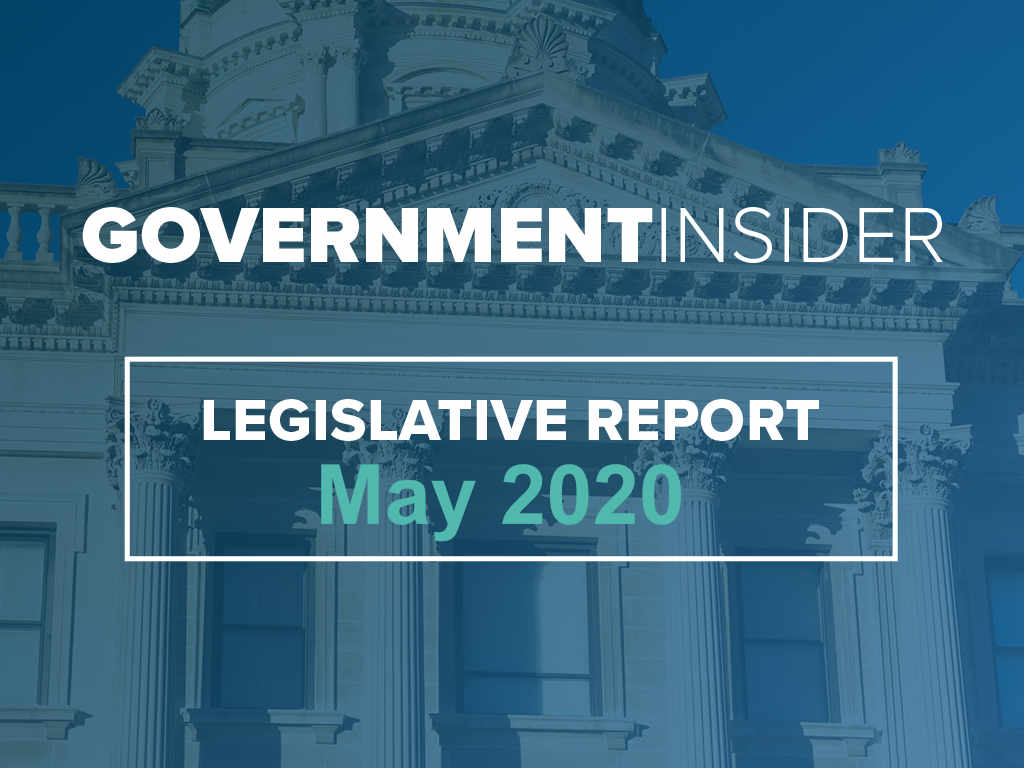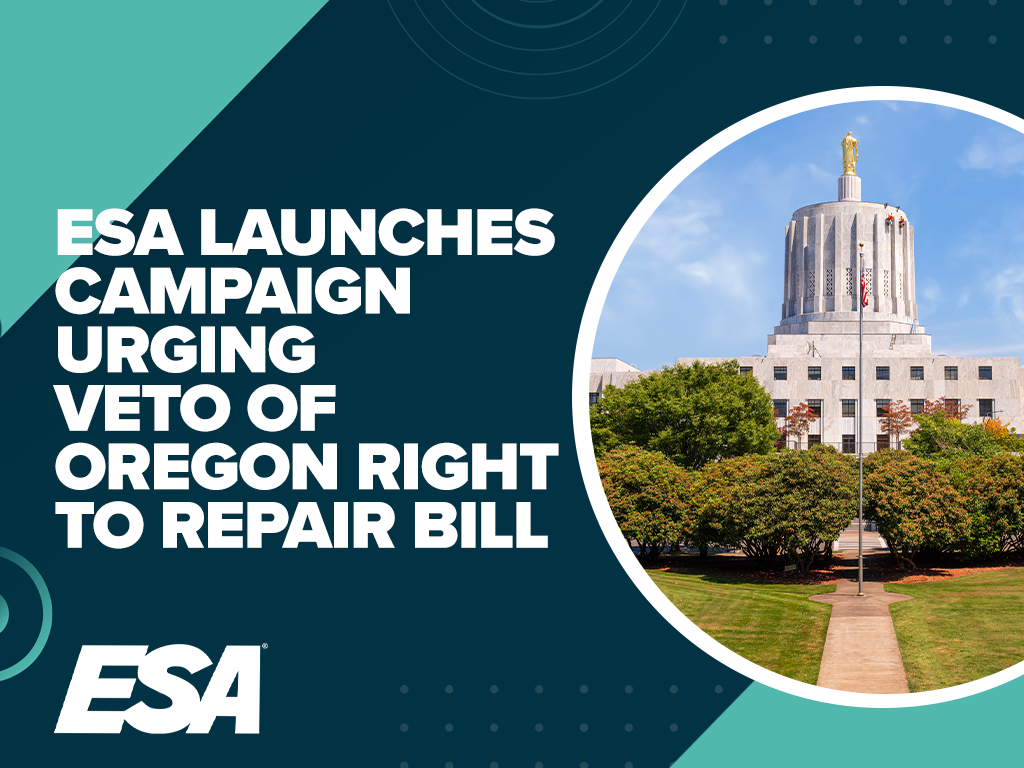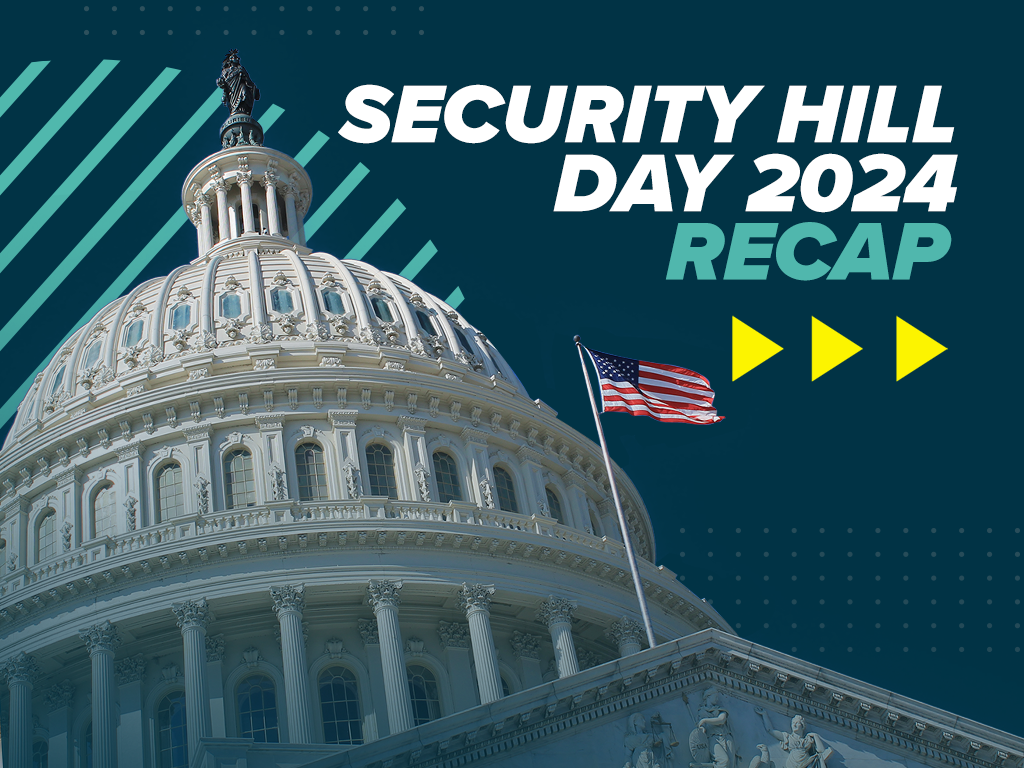Legislative Report May 2020

Federal Legislative Summary
Congress stayed busy with numerous bills aimed at fixing current gaps in recently passed Covid-19 relief/stimulus legislation. With an estimated 40 million jobs lost during the last two months, it seems unlikely Congress will be able to spend enough to fill the economic void created with shelter-in-place orders in place throughout the country.
The major bill to come out of the House, H.R. 6800, titled “The HEROES Act,” is an 1,814-page omnibus bill with over $3 Trillion in additional funding. The bill was deemed “dead on arrival” in the Senate, although some provisions in the bill are expected to be considered. Much will depend on how the economy recovers with funding already in place.
Another bill that will facilitate more flexibility with the Paycheck Protection Program (PPP) loans is H.R. 7010, which was introduced on May 26, 2020 and was quickly passed by both chambers in Congress and signed by President Trump on June 5, 2020. This bill will amend the SBA and CARES Act to modify loan forgiveness provisions under the PPP and allow recipients of loan forgiveness to defer payroll taxes among many other provisions. Tune to our monthly blog in Government Insider for a deeper review of this bills’ provisions.
Download the Members-Only Federal Legislative Report
State Legislative Summary
May is typically a month for bills to move or die. This month was no different. Twenty-seven (27) state bills died as legislatures adjourned sine die (meaning the end of session). But a few states will continue to press forward as they work throughout the year.
Covid-19 related legislation continues to dominate the interest of legislators with over 68% of all bills tagged for monitoring focused on the pandemic.
There were 11 bills enacted into law during May. One of the most important was not related to Covid-19 or civil unrest, but on electrical and low-voltage licensing. Maryland SB 994 was a closely watched and potentially damaging bill for all low-voltage licensing companies in that state. It would have put all electrical and low-voltage electrical licensing under the control of a statewide electrical licensing board, with a dual-tiered licensing framework for low-voltage electricians.
While the idea to create a statewide framework for licensing rather than the current patchwork of local licensing was generally agreed to by all stakeholders, these tiers were designed to limit the type of work low-voltage electricians could perform depending on the specific application. Overall, the bill was problematic in its daily application for low-voltage companies. In addition, the bill would have done nothing about the existing electronic security licensing framework that provides for local jurisdictions to continue with their own licensing requirements for alarm companies, which is governed in another title under Maryland law.
With the combined support from other industry associations and national companies with an interest in equitable outcome for low-voltage licensing, legislators were convinced to amend this bill and create a workgroup, composed of electricians, low voltage electricians, local government inspectors and union representatives. The workgroup will study the issue and provide a report to the Maryland Legislature by December 2020. We will work with other industry associations and state leaders to be engaged in this workgroup and hopefully create a better solution for statewide licensing.
Other legislation that passed in the last month addressed Covid-19 issues for the most part, and include:
Alaska SB 241 provided for expedited reciprocal occupational licensing as part of its comprehensive Covid-19 response.
North Carolina SB 704 is an omnibus bill addressing numerous issues related to Covid-19 including changes to unemployment benefits and tax credits for employers and limited business immunity for essential businesses. This bill was enacted on May 4, 2020.
Oklahoma SB 1946 and Utah SB 3007 are two other bills passed in May that limit civil liability under certain circumstances related to Covid-19.
Several bills were also vetoed in May as the legislatures and Governors collide over how to allocate resources for Covid-19 and how to re-open their economies. The New Jersey Governor vetoed three bills in May, primarily over tax filing differences and funding capacity. See NJ AB 3841, NJ AB 3846 and NJ SB 2363. The Pennsylvania Governor vetoed SB 327 because he differed with the Legislature on the local control of re-opening commerce and their attempt to prohibit Commonwealth agencies from promulgating rules and regulations without legislative consent.




